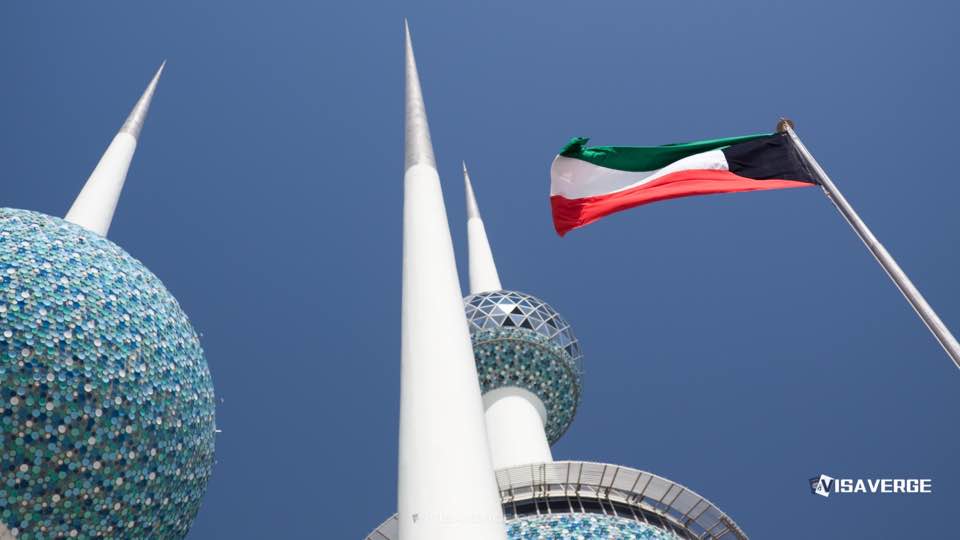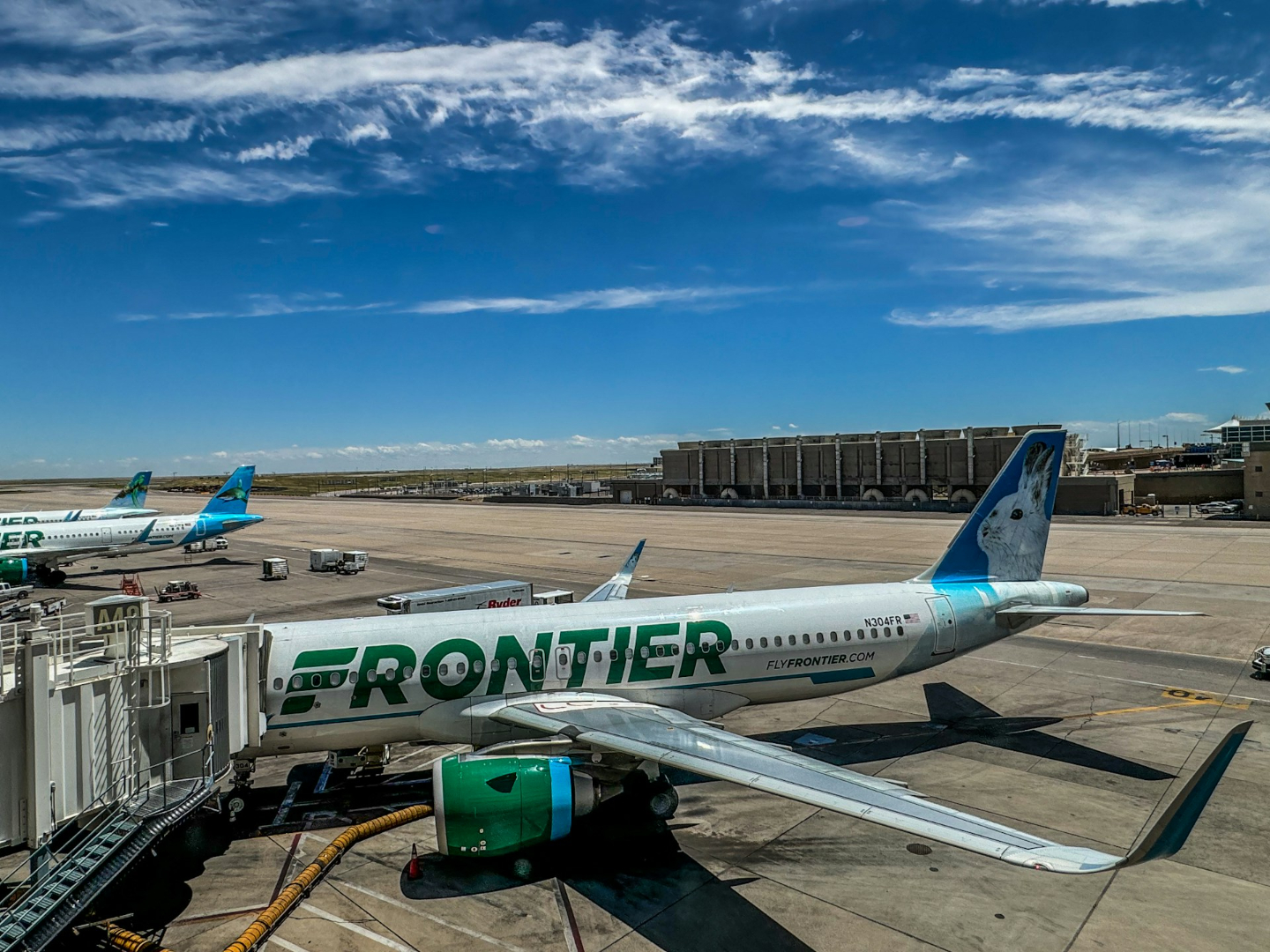(KUWAIT) Kuwait will introduce a new tiered residency system on 23 December 2025, anchored by a 15‑year Golden Visa for foreign investors, in one of the most far‑reaching immigration changes the country has seen in years. The plan, approved by First Deputy Prime Minister and Interior Minister Sheikh Fahad Al Yousef, creates long‑term stays of 5, 10, and 15 years for specific groups of expatriates, tying the longest permits to major investments in Kuwait’s economy.
Officials say the move is meant to attract foreign capital and skilled workers while giving long‑term residents more stability than the current short renewal cycle allows.

Main features of the new system
- Tiered residency lengths: 5, 10, and 15 years for different categories of expatriates.
- Primary goal: Attract foreign investment and skilled labour and provide greater stability for long‑term residents.
- Approval: Plan approved by Sheikh Fahad Al Yousef.
The 15‑year Golden Visa (investor pathway)
The headline measure is the 15‑year Golden Visa reserved for qualifying foreign investors under Law No. 116 of 2013 on foreign capital investment.
- To receive this status, investors must:
- Be cleared under Law No. 116 of 2013.
- Meet additional conditions set by the Council of Ministers, including minimum investment values and compliance checks.
- The residency is renewable and can include family members, giving investors and their dependants a long horizon similar to other Gulf states but previously uncommon in Kuwait 🇰🇼.
- Analysts (VisaVerge.com) interpret the move as a signal that Kuwait wants to compete directly for regional and global capital rather than relying mainly on short‑term labour sponsorship.
10‑year residencies (families and property owners)
Kuwait will offer 10‑year residencies to groups with close links to the country:
- Children of Kuwaiti citizens, especially foreign children of Kuwaiti women married to non‑Kuwaiti men.
- Expected to reduce the stress of frequent renewals and ease planning for education and work.
- Expatriate property owners who can show proper title documents and meet any other criteria set by the Interior Ministry.
- Officials also indicated the 10‑year term may be extended to other categories later by ministerial decision, showing built‑in flexibility.
5‑year residencies (standard expatriates)
For most foreign residents, the standard stay will remain up to 5 years under the existing sponsorship system.
- Applies to:
- Government and private sector workers
- Students
- Religious workers
- Rationale:
- Officials appear to have chosen a split model: extended stability for investors, property owners and families with Kuwaiti ties, and a capped five‑year horizon for everyone else.
- A clear five‑year ceiling should make life more predictable for workers, employers and government agencies managing records.
Fees and financial requirements
Fees across Kuwait’s residency system will increase, with several clear brackets:
| Residency type | Annual fee |
|---|---|
| Standard renewals (most expatriates) | KD 20 (up from KD 10) |
| Foreign investors & property owners (10‑year & 15‑year) | KD 50 per year |
| Self‑sponsored residency (limited category) | KD 500 per year |
- The minimum salary needed to sponsor a spouse and children will remain at KD 800 per month, an important threshold for many mid‑income workers.
- Note: The KD 20 standard fee, while modest alone, adds up across several dependants and many years; lawyers warn families and employers to factor this into costs.
Health insurance requirement
Every long‑term permit will require mandatory health insurance registered with Kuwait’s Ministry of Health.
- Key points:
- The duration of residency cannot be longer than the insurance coverage.
- Employers and individual investors must therefore plan multi‑year policies to match the full 10‑ or 15‑year terms.
- Officials have not yet published detailed applicant guidance, but information will be posted on the Interior Ministry’s website: Ministry of Interior – State of Kuwait.
- Implications:
- Health authorities gain a stronger role in immigration control.
- Insurance costs could rise, especially for families with multiple dependants.
Legal and practical implications
Officials present the new 15‑year Golden Visa as part of a wider overhaul of Kuwait’s immigration system, which historically relied on short‑term permits tied to employers.
- Tying the 15‑year stay to Law No. 116 of 2013 ensures only investors who pass strict screening and meet investment thresholds gain full benefits.
- Family reunification under these long‑term permits will have somewhat eased salary rules compared with ordinary workers, though exact figures have not been released.
- This could make Kuwait more attractive to high‑net‑worth individuals seeking long‑term settlement for spouses and children.
- Kuwait’s approach follows a regional Gulf trend of Golden Visa schemes, but Kuwait’s version is narrower and more tightly bound to regulatory checks than some neighbours.
Who will watch this closely?
- Expatriate families already settled in Kuwait—especially children of Kuwaiti mothers—will monitor implementation of the 10‑year and property‑based tracks closely.
- Property owners could gain security that matches their financial stake.
- Employers and investors must prepare for higher fees, mandatory multi‑year insurance and compliance requirements.
- Lawyers and advisers highlight added costs from fees and insurance that investors and families need to factor into long‑term calculations.
Important takeaway: The new system creates a clearer, tiered residency map that gives long‑term certainty to investors and certain family/property categories, while imposing higher fees and an insurance‑linked residency duration that will raise costs and administrative planning for many residents.
With the clock ticking toward 23 December 2025, employers, investors and long‑time residents face a year of adjustment to Kuwait’s new residency framework.
Kuwait will launch a tiered residency system on 23 December 2025 with 5-, 10- and a headline 15‑year Golden Visa for investors under Law No. 116 of 2013. The plan raises residency fees, keeps the KD 800 monthly salary threshold for family sponsorship, and requires health insurance covering the permit duration. Officials expect the reform to attract foreign capital and skilled workers while increasing regulatory checks and administrative planning for investors and employers.













